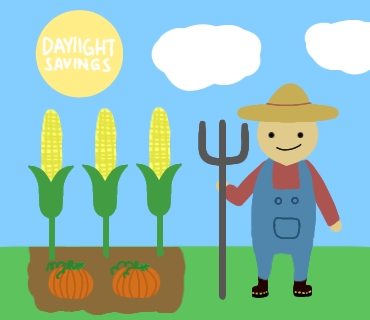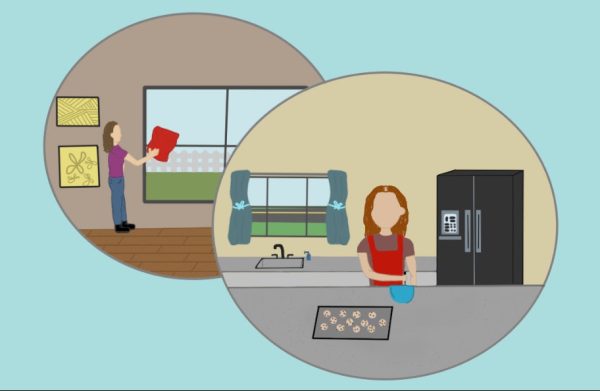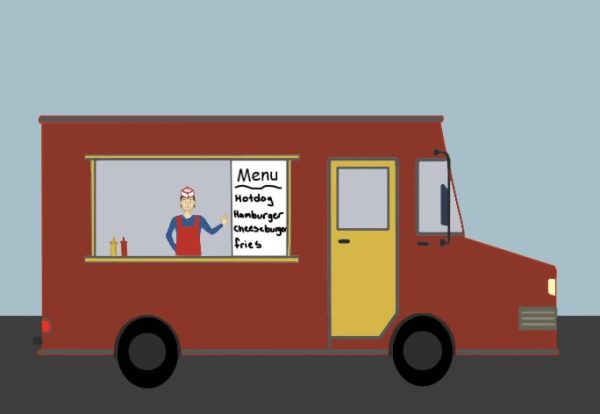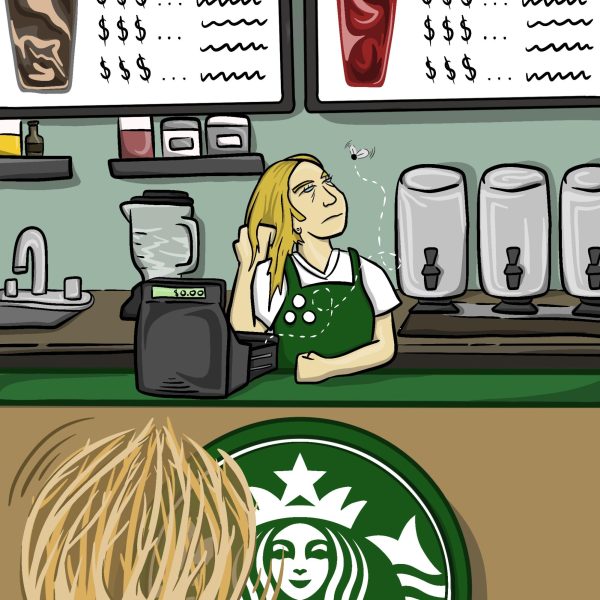Daylight dread
Daylight savings has become outdated
January 12, 2023

Get ready to fall back or spring forward as the seasons change. The United States (U.S.) goes through two time changes, one of which occurs in the spring, where the clocks are set an hour forward and the other during fall, where the clock is set back an hour and daylight savings time (DST) ends. Instead, daylight savings should be made to one standard year round time as it can help avoid inconsistencies and the drawbacks it causes.
In 1918, DST was originally believed to be intended to preserve daylight for farmers. However, according to the Ag American myth vs fact sheet, farmers have been against it. Agricultural workers oppose DST as it can disrupt both their work schedule and their animals.
Farmers structure their day according to the waking of their animals so they may run into some problems. Ag American shares how dairy cows usually are set to a repetitive daily routine. “Dairy cows are used to being milked at 5:00 a.m., moving the clock back an hour in the fall actually moves their milking time back an hour, and livestock cannot understand waiting another hour to be milked.”
This can be difficult as the rotation of the time changes affect animals and makes it hard to catch up with the hour. The Ag American indicates how farmers have difficulty adjusting their animals’ schedule to the new time change. This affects how the farmers’ products are distributed which are delayed because of the animals. Farmers not only need to prioritize the needs of their animals but their own needs as well.
DST is not only a setback for the animals, it also affects the farmers’ work ethic and productivity. Relying on the animals, farmers are responsible for their health and care. The animal’s condition ultimately burdens farmers more as it creates a delay in production when animals take a slower time to adapt to the sudden changes. DST has become outdated and has caused frustration among farmers because of the inconstant schedule.
Instead, daylight savings should be made to one standard year round time as it can help avoid inconsistencies and the drawbacks it causes.
— Valerie Torres
Additionally, many argue DST has become unnecessary as it is no longer beneficial to the vast majority of the public. Besides the debates over the years of why it was created, DST continues to affect students and adults in negative ways.
During the fall and continuing winter season, there is already a common mental health issue which is seasonal affective disorder (SAD). This type of depression is more common because of the seasonal change or the winter season. Meteorologist Andrew Kozak, from Spectrum News informs that similarly to SAD, DST can lead to the disruption of both mood and health.
The differentiating time changes can trigger how we act and think because of the sudden change of environment. The increased time of darkness during the winter months lead to the overproduction of melatonin which results in the condition of SAD. Symptoms may include drowsiness throughout the day as the body reduces energy to last till the end of the day.
Keeping a uniform year round time schedule can benefit students and adults mental health as it can decrease SAD during the fall and winter seasons. The inconsistency with time changes takes a toll on people’s and animal’s bodies, increasing the overwhelming exhaustion and lack of motivation for people and for animal productive needs. These issues demand that we should move toward a year round DST schedule.
According to the National Conference of State Legislatures (NCSL), the recent state legislative updates conclude how in the last five years 19 states have passed resolutions to implement a year-round daylight saving time. Two U.S. states, Arizona and Hawaii, and a few territories do not participate in DST.
For other states to adopt a year-round daylight savings time, congress would have to act first. With congressional action, year round DST can prevent farmers from dealing with these negative effects, as helping with the general population’s mental health.












